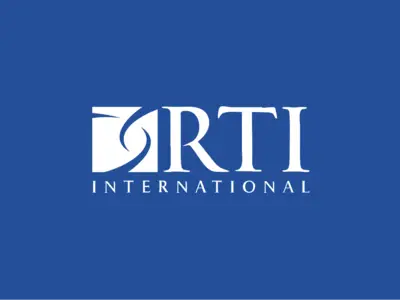Promoting evidence-based prevention, harm reduction, and treatment strategies to help communities thrive
The consequences of substance use and misuse, mental disorder, and violence can be devastating. The most effective way to promote health and well-being is to support communities in which everyone, regardless of background, has the opportunity for physical and mental health.
Our scientists identify factors at the individual, family, community, institutional, and societal levels that underlie substance use and misuse, mental disorder, sexual risk behavior, interpersonal violence, and infectious disease. Our experience allows us to develop, test, and refine strategies for prevention, harm reduction, and treatment.

Substance Use Prevention, Evaluation and Research Program
The Substance Use Prevention, Evaluation and Research (SUPER) program conducts applied research and evaluations to prevent and reduce substance use, related risk behaviors, and their consequences. This work uses innovative methodologies and the socioecological model, recognizing the importance of risk and protective factors at the individual, family, community, and societal levels. Our goal is to generate insights that help stakeholders—such as parents, teachers, practitioners, and policymakers—improve the health and wellbeing of their communities.

Mental Health, Risk and Resilience Research Program
The Mental Health, Risk and Resilience Research (MHRRR) program develops and evaluates strategies to promote mental health and well-being among both general and vulnerable populations, such as minorities, indigenous people, migrants and pregnant and parenting teens. These strategies include early childhood interventions and support, mental health promotion activities in schools, programs to prevent violence in relationships and families, and community-based mental health services.

Community Health and Implementation Research Program
The Community Health and Implementation Research Program (CHIRP) conducts community-based research that addresses the needs of vulnerable populations. CHIRP’s epidemiological research focuses on social and structural factors that impact health risk and infectious disease. Our implementation science research seeks to identify, evaluate, and improve community-generated solutions to serious health problems.

Behavioral Health Epidemiology and Treatment Research
The Behavioral Health Epidemiology and Treatment Research (BHETR) program provides research, evaluation and technical assistance to improve the understanding of mental health and substance use epidemiology and the delivery of related treatment services. Employing our comprehensive knowledge of clinical diagnoses and service delivery systems, including the military health system, we use innovative methodologies to analyze survey, assessment and claims data; evaluate treatment outcomes and provide training and technical assistance. Our goal is to conduct research to support national, state and local efforts to improve mental health and substance use treatment services, and policies.
Related Projects
Leveraging the Promise of Social Connections
Read More about Leveraging the Promise of Social Connections

























